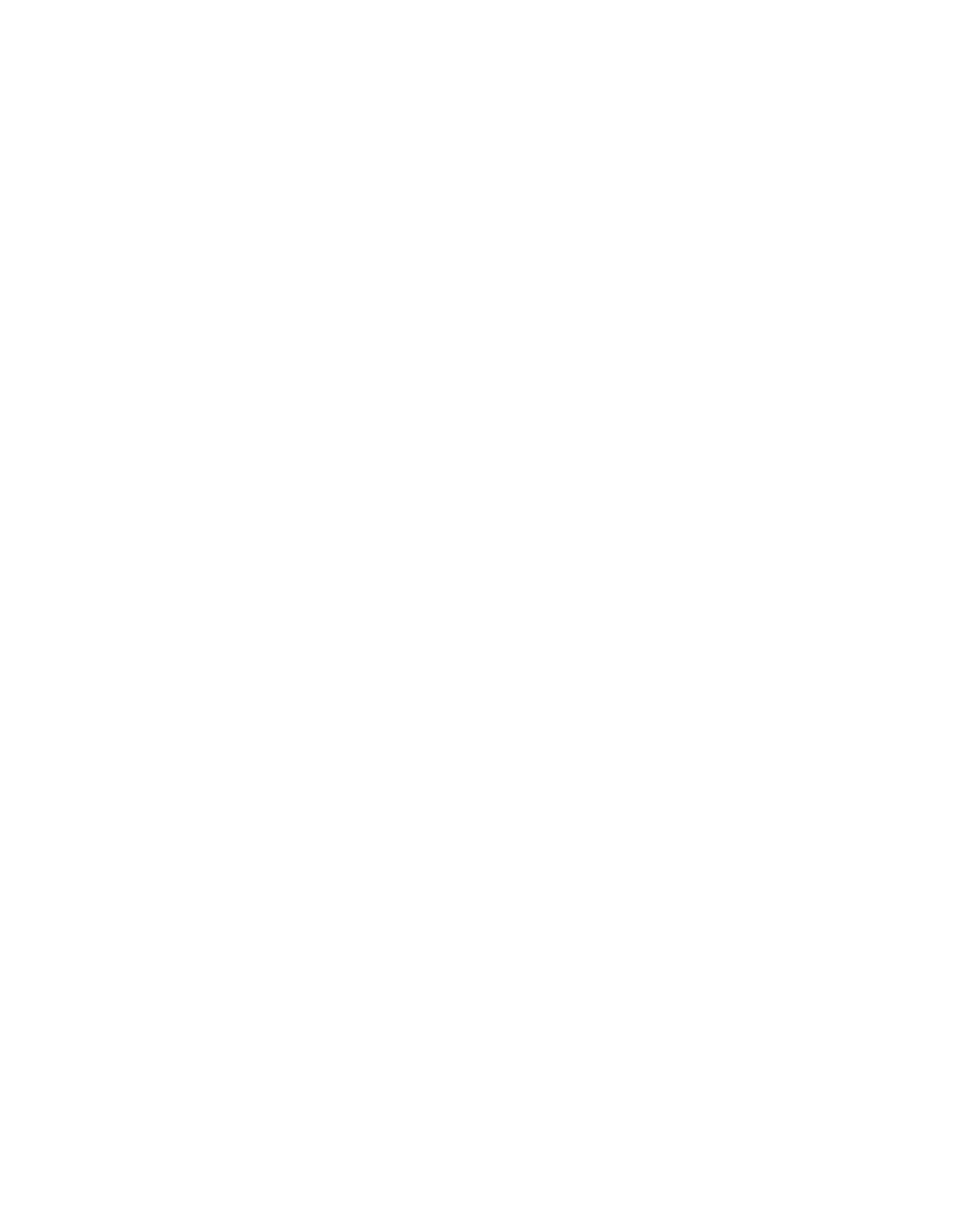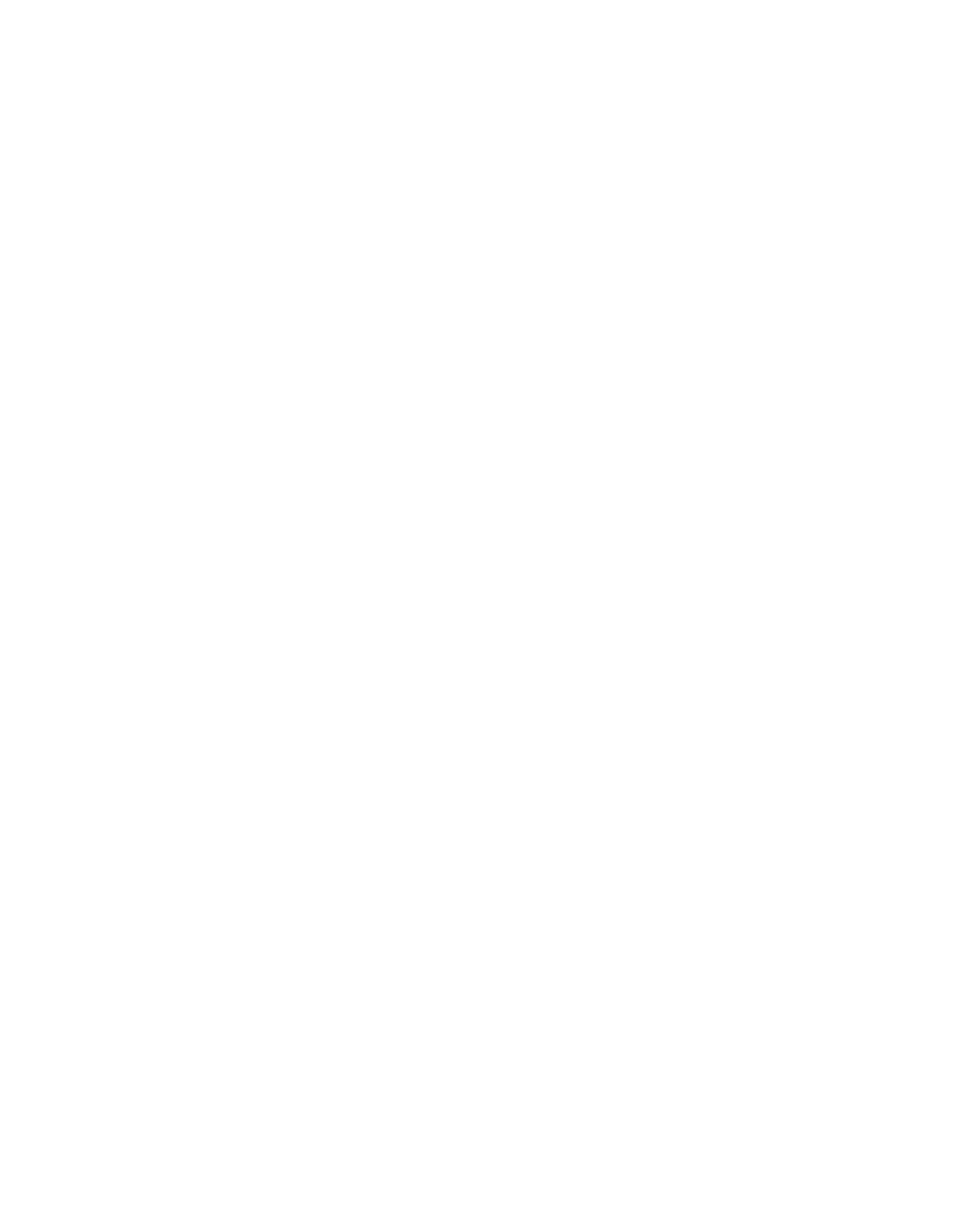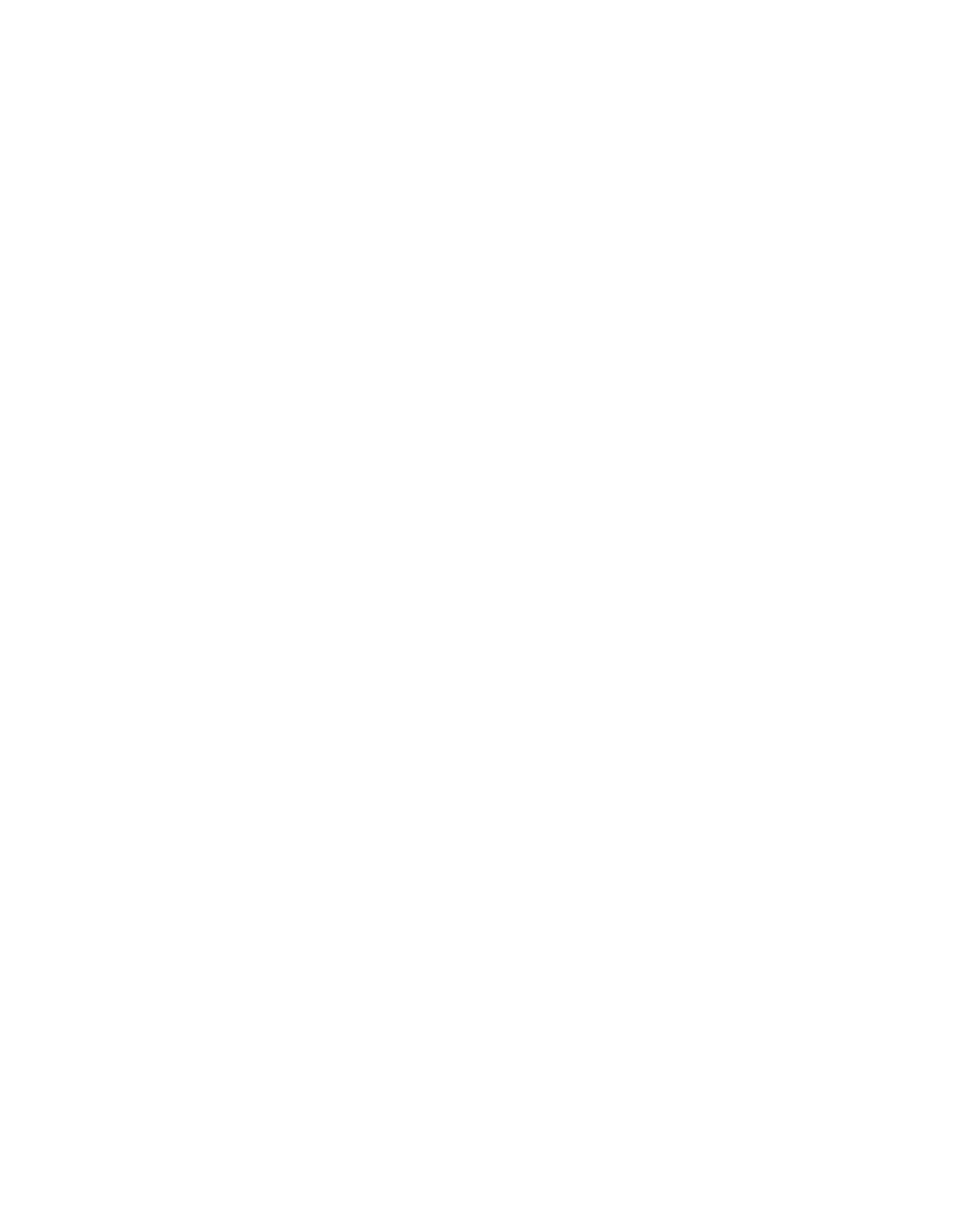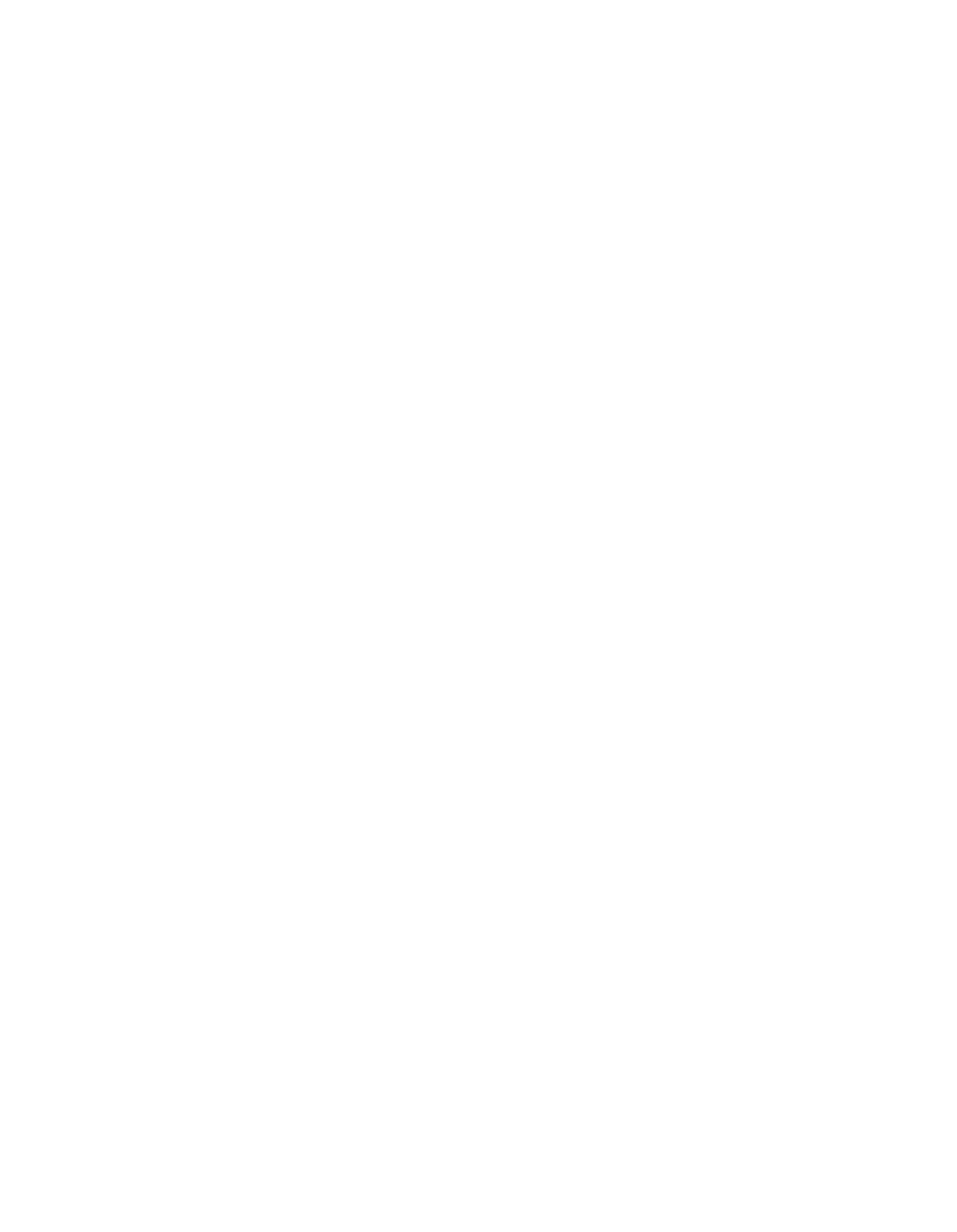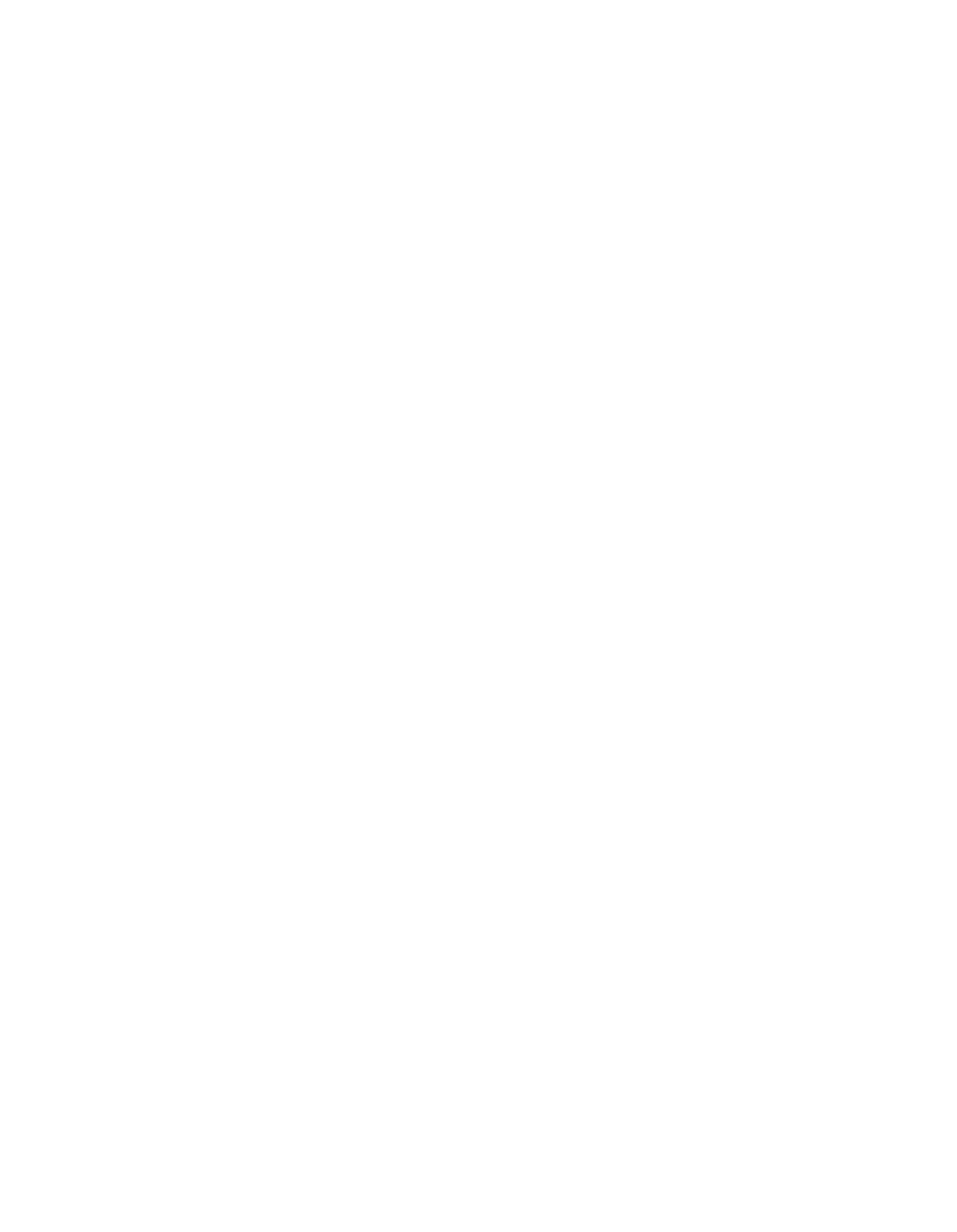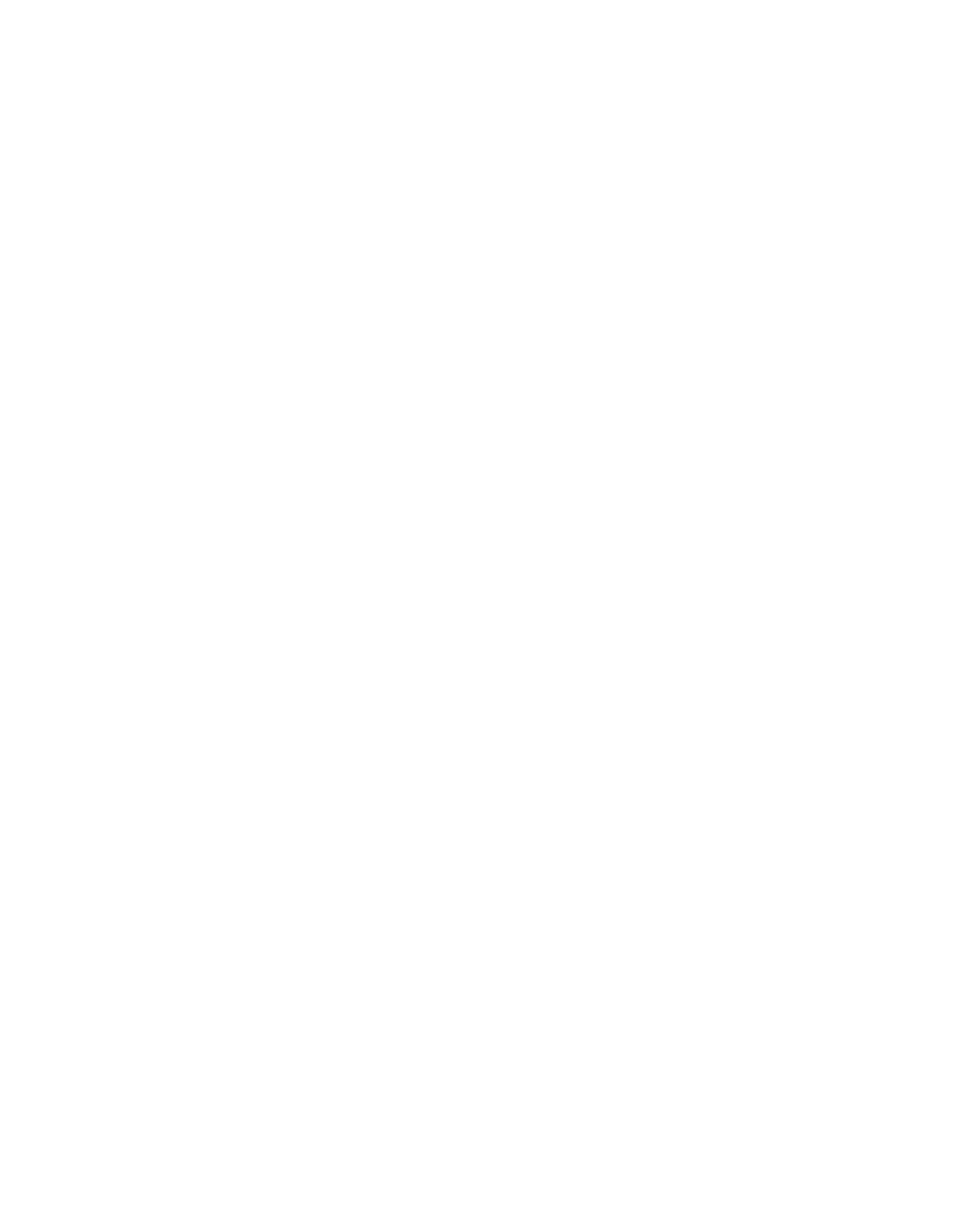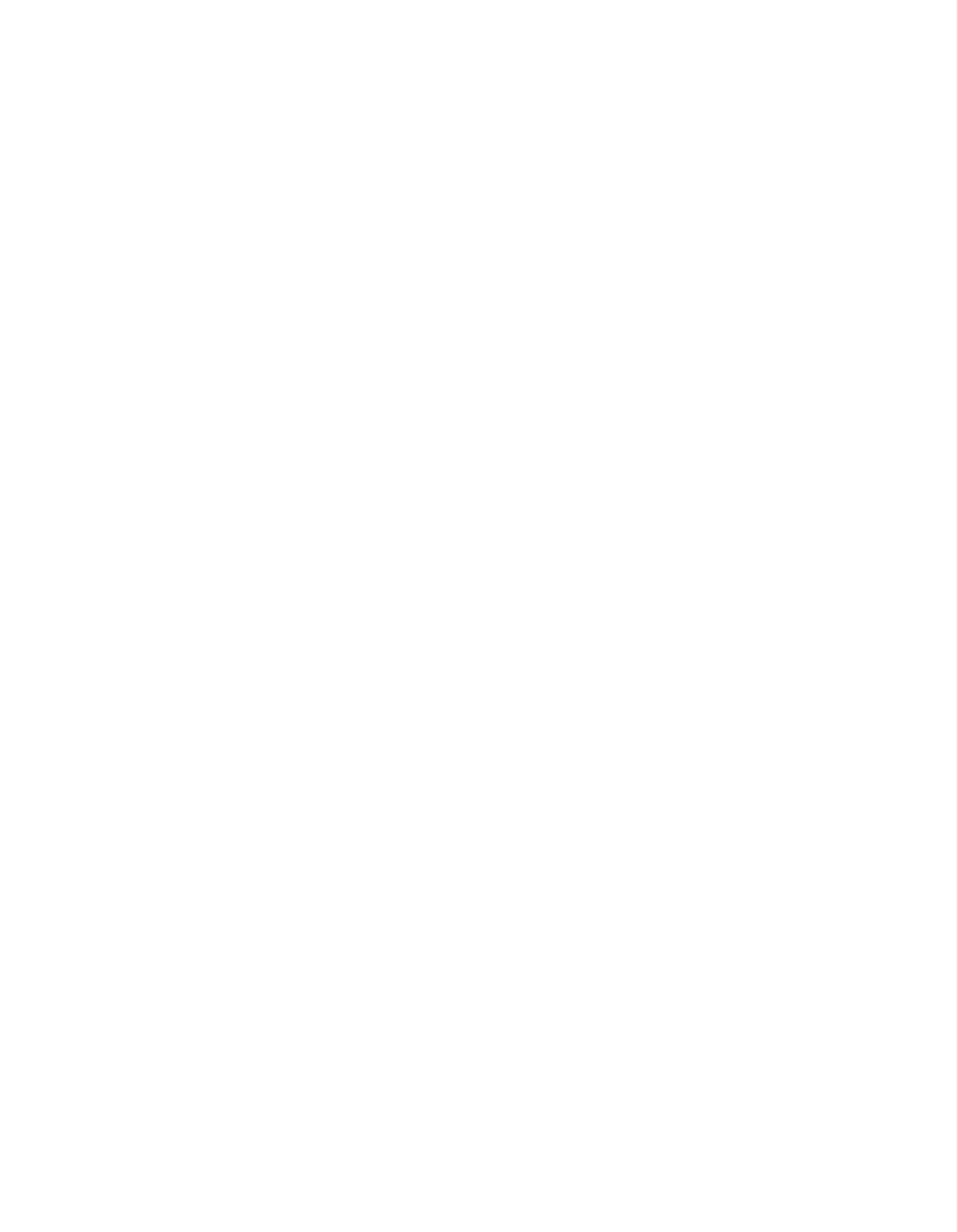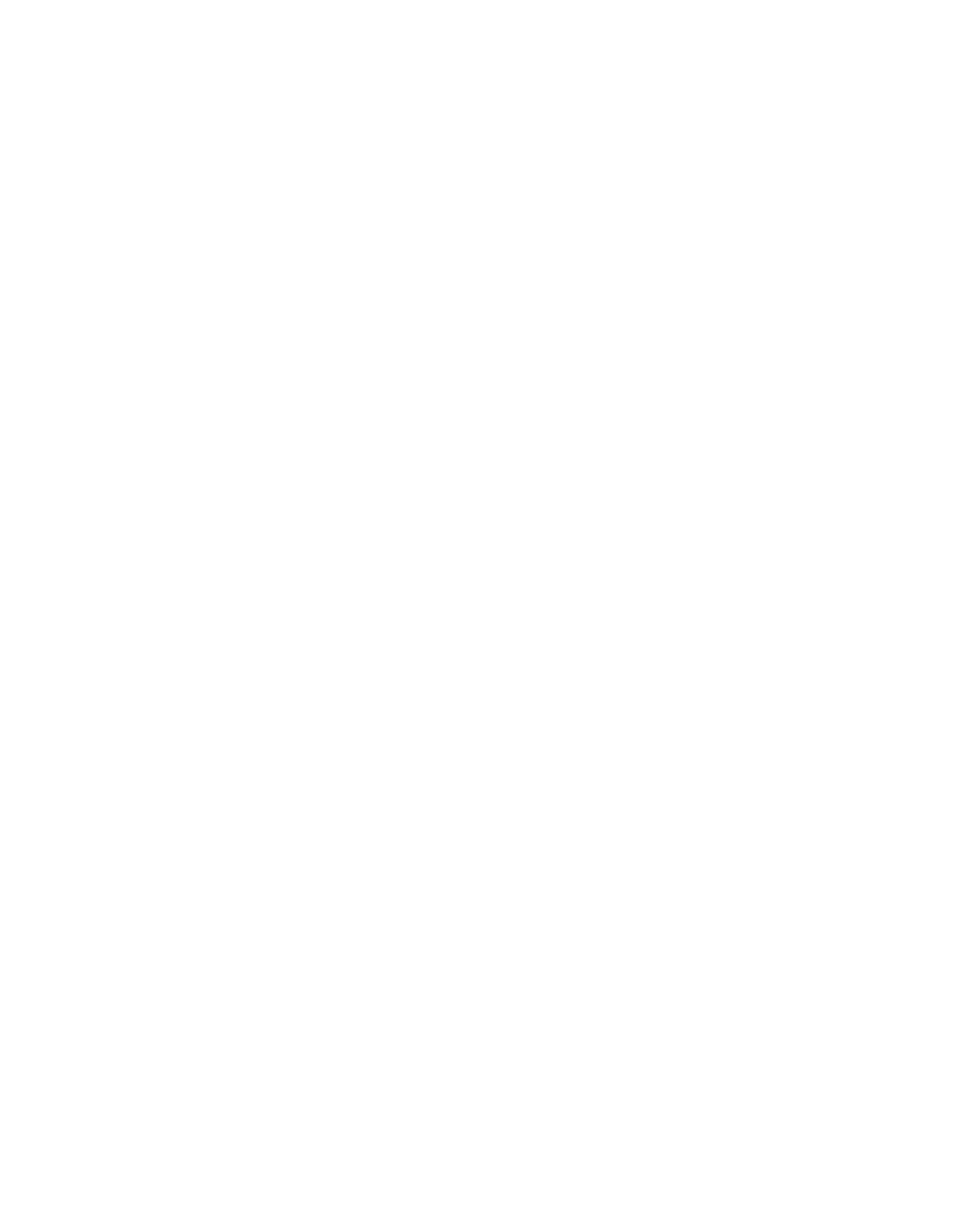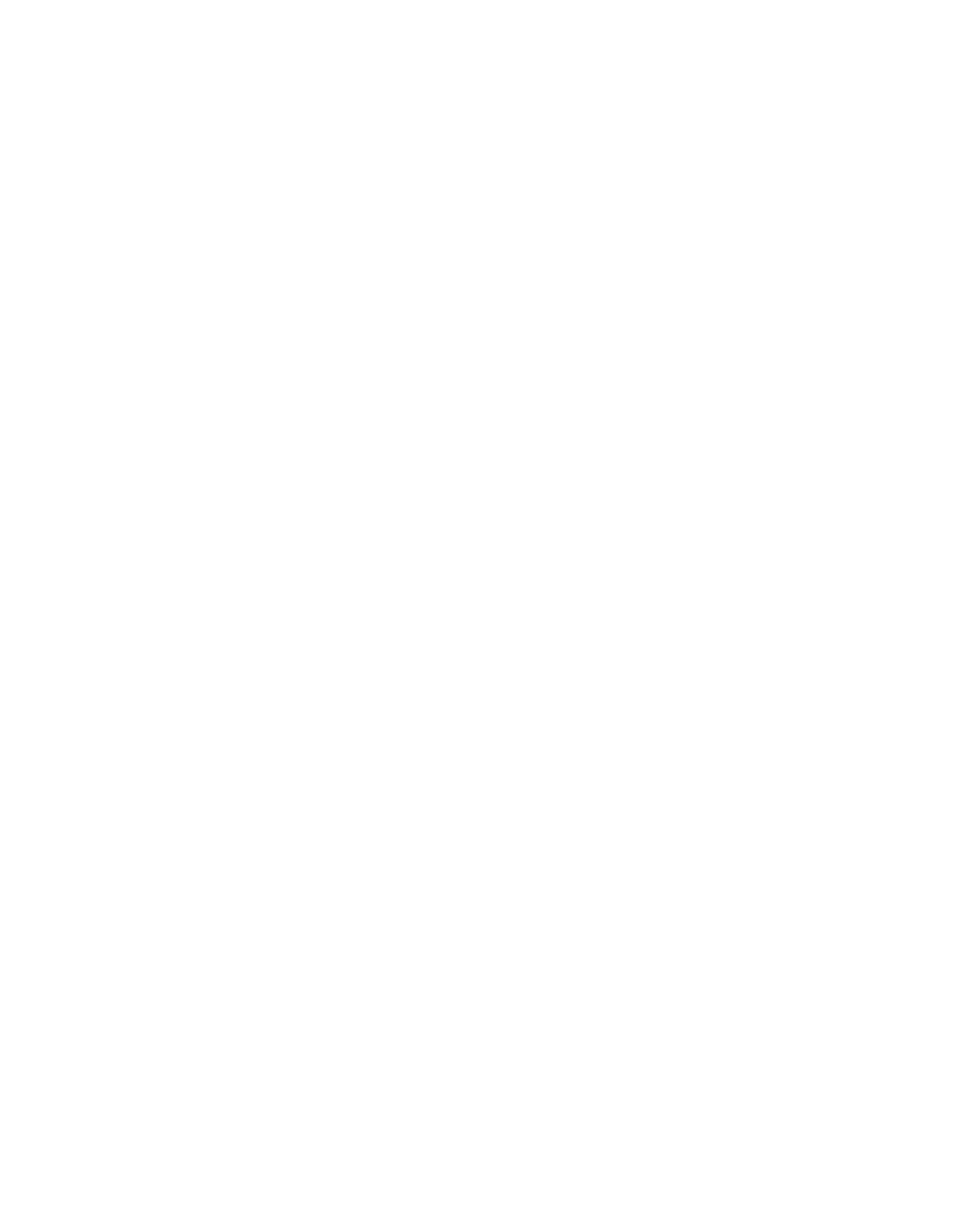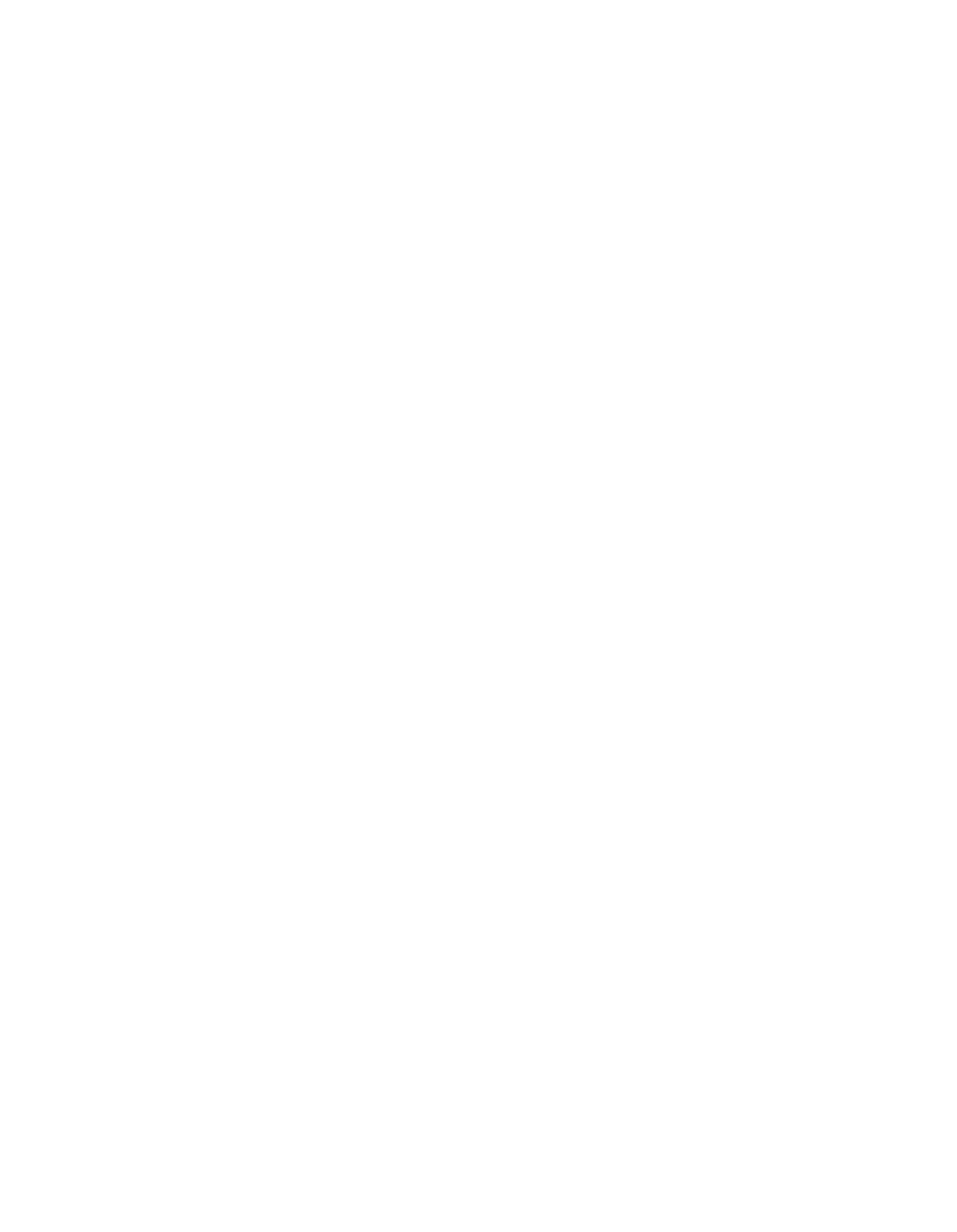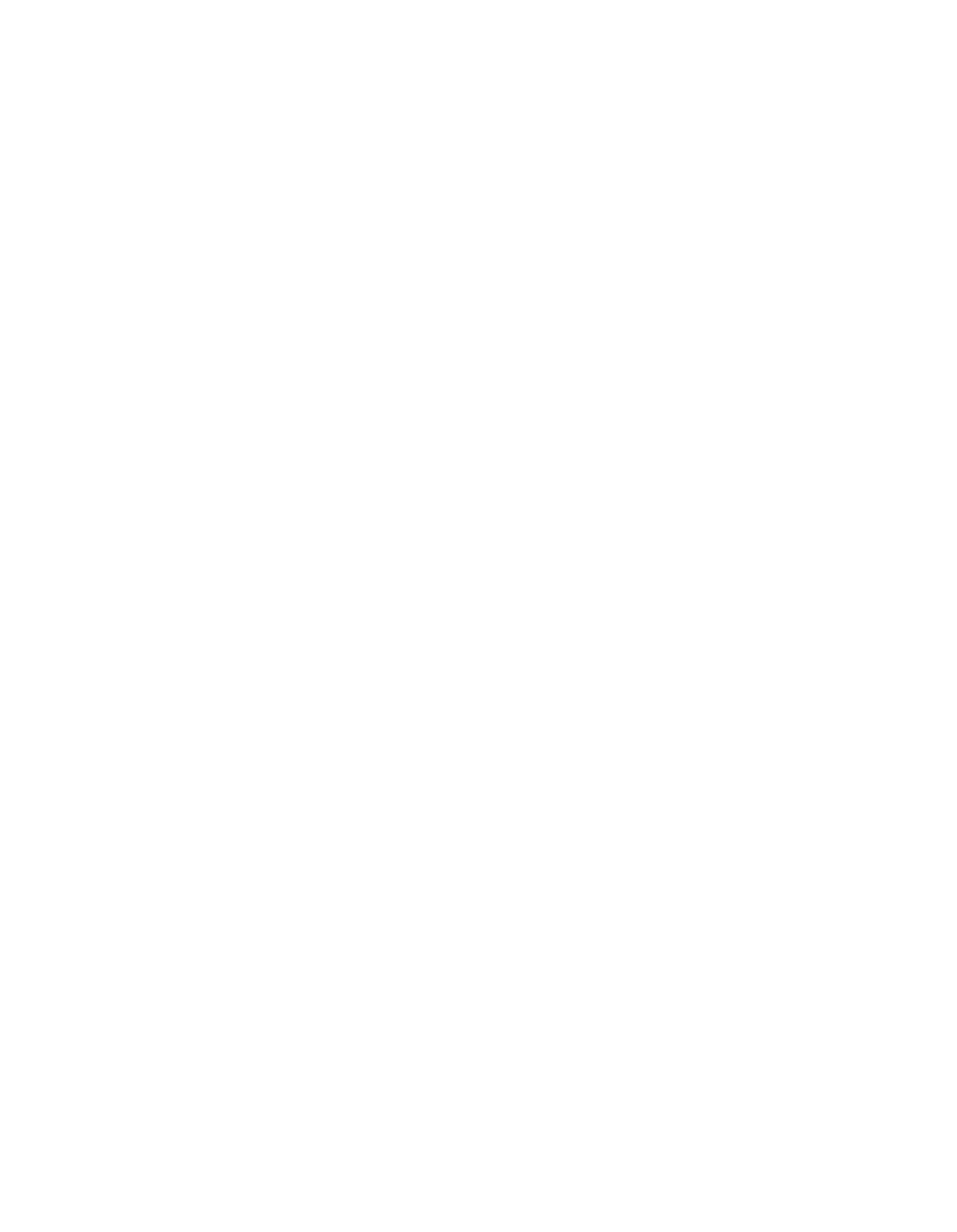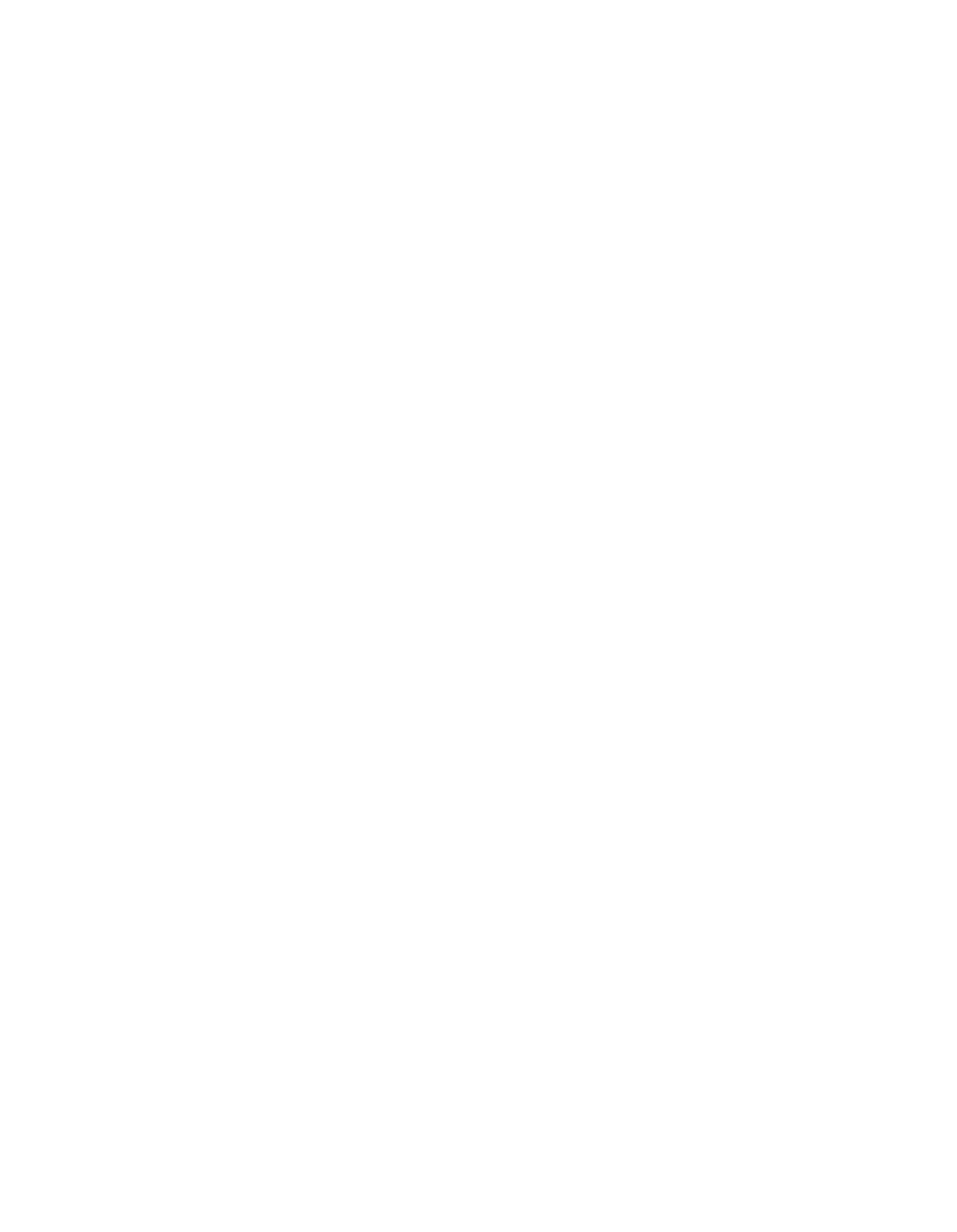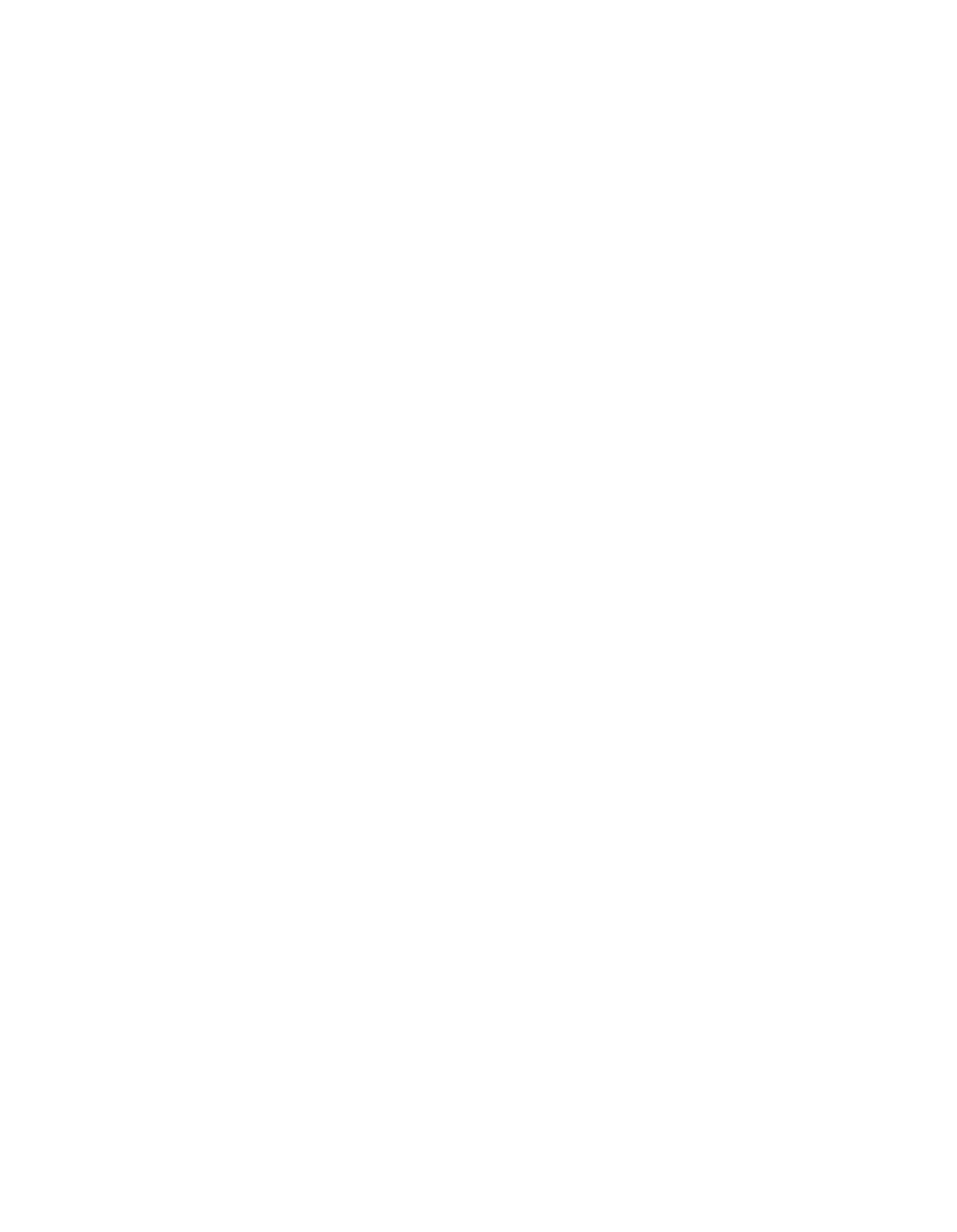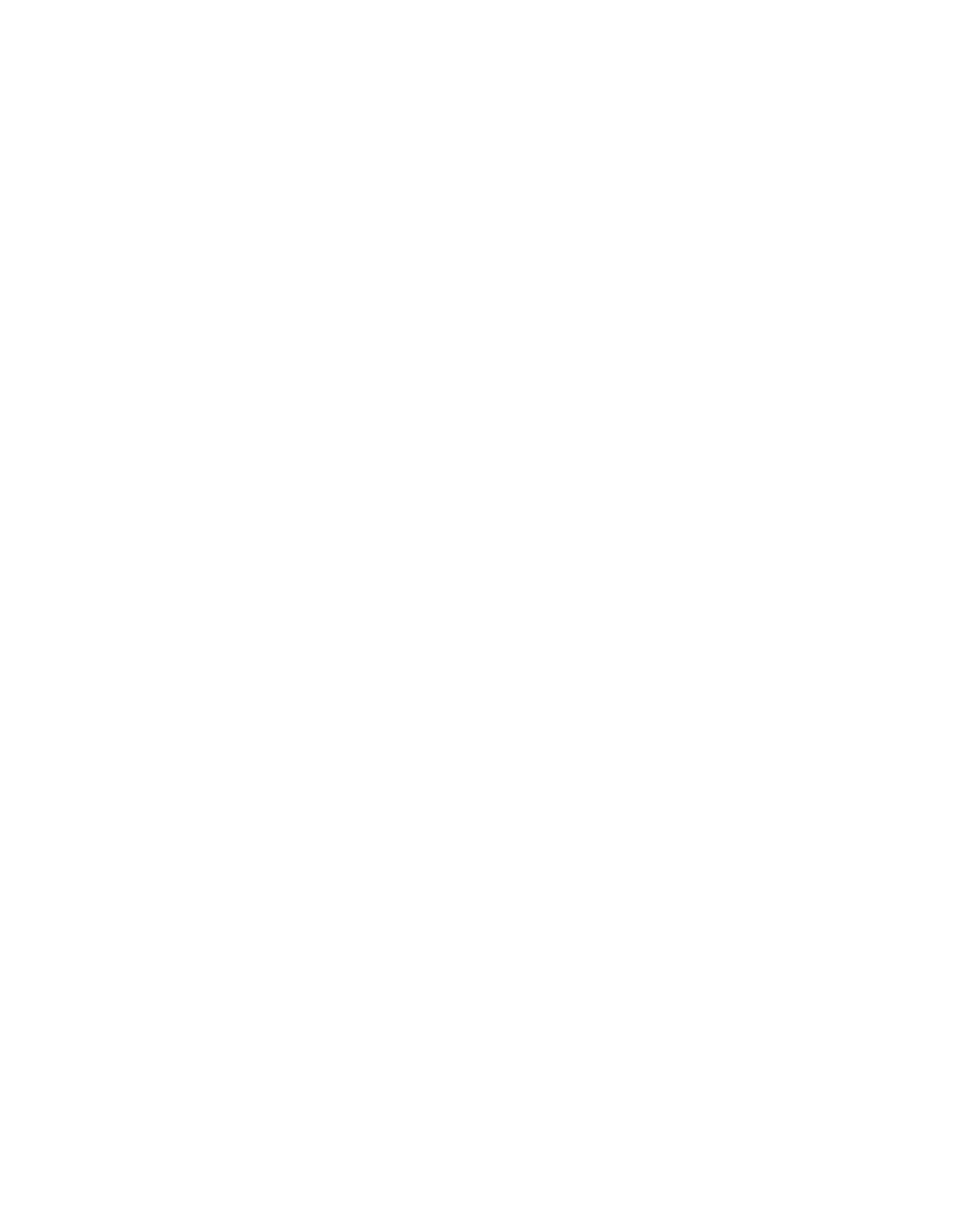ILLINOIS POLLUTION CONTROL BOARD
July
13,
1989
IN THE MATTER OF:
)
PIELET BROTHERS’
TRADING,
INC.,
)
AC 88-51,
Docket A and B
an Illinois Corporation~,
)
IEPA DOCKET NO.
8983—AC
Respondent.
MR. WILLIAM SELTZER, STAFF ATTORNEY, APPEARED ON BEHALF OF THE
ILLINOIS ENVIRONMENTAL PROTECTION AGENCY;
MR. RAYMOND
T. REOTT AND MS. REBECCA
L. RAFTERY, OF JENNER AND
BLOCK, APPEARED ON BEHALF OF RESPONDENT.
OPINION AND ORDER OF THE BOARD
(by R.
C. Flemal):
This matter comes before the Board upon
a May 16,
1988,
filing of an Administrative Citation (“Citation”)
by the Illinois
Environmental Protection Agency
(“Agency”)
and a June
16,
1988,
filing of a Petition for Review filed by Respondent,
Pielet
Brothers’
Trading,
Inc.
(“Pielet Brothers”).
Both filings are
pursuant
to the Environmental Protection Act,
Ill. Rev.
Stat.
1987,
Ch. lll~,par.
1031.1
(“Act”).
Hearing was held on November
18, 1988,
at the St. Clair
County Building, Belleville,
Illinois.
Testimony was presented
by Messrs. Randy
D.
Ballard and Kenneth Mensing,
on behalf of the
Agency,
and by Messrs. Kenneth Mensing (under subpoena),
Samuel
Pielet and James Douglas Andrews, on behalf of Respondent.
No
members
of the public were in attendance.
The Agency filed
its Brief
in Lieu of Closing Argument
(“Agency Brief”)
on February
6,
1989.
Pielet Brothers filed its
brief
in response
(“Resp.
Brief”)
on April
20,
1989.
BACKGROUND
Pielet Brothers operates
a sanitary landfill
in
St. Clair
County.
The facility also
is known as National City/St. Louis
Mr. Phillip Van Ness,
an attorney with the Board, worked on
this matter during his previous employment with the Agency.
He
did not participate in the deliberations nor the decision in this
matter.
101-431
—2—
Auto Shredding,
Inc.
Pielet Brothers shreds
scrap automobiles
and appliances, processes the resultant mixture, and recovers
about 80
of the automobiles and appliances as scrap metal.
The
remaining 20
of the scrapped automobiles and appliances is
referred to as “shredder residue” or “auto fluff”.
Shredder
residue consists of stone,
dirt, glass, plastic and rubber.
Pielet Brothers deposits the shredder residue
in its landfill
(R.
at 148—9).
On April 12,
1988, Mr. Ballard inspected the landfill
site.
On the basis of Mz. Ballard’s inspection,
the Agency
determined that Pielet Brothers, on the day of inspection,
had
operated the site
in violation of nine provisions of the Act, to
wit:
A.
Uncovered refuse remaining from a previous
operating day, unless authorized by permit,
in
violation of Ill. Rev.
Stat.
1986 Supp.,
ch.
1114,
par. lO2l(p)(5).
B.
Having failed
to provide final cover within time
limits established by Pollution Control Board
Regulations,
in violation of Ill. Rev.
Stat. 1986
Supp.,
ch.
1114, par. lO2l(p)(6).
C.
Causing or allowing scavenging operations,
in
violation of
Ill. Rev.
Stat.
1986 Supp.,
ch.
1114,
par.
lO2l(p)(8).
D.
Accepting wastes without necessary permits,
in
violation of
Ill.
Rev. Stat.
1986 Supp.,
ch.
1114, par. lO2l(p)(7).
E.
Causing or allowing open burning of
refuse,
in
violation
o~ Ill.
Rev.
Stat.
1986 Supp.,
ch.
1114,
par.
lO2l(p)(4).
F.
Conducting a sanitary landfill operation
in a
manner which
resulted in leachate flow entering
Waters of the State,
in violation of
Ill.
Rev.
Stat.
1986 Supp.,
ch.
1114, par. 1021(p)(2).
G.
Causing or allowing refuse
in standing or flowing
water,
in violation of Ill. Rev.
Stat.
1986
Supp.,
ch.
1114,
par.
lO2l(p)(l).
H.
Causing
or allowing the deposition of refuse in
an unpermitted portion of said
landfill facility,
in violation of
tll.
Rev.
Stat.
1986 Supp.,
ch.
1114,
par.
lO2l(p)(9).
101—132
—3—
I.
Failure
to submit reports required by permits or
Pollution Control Board Regulations,
in violation
of
Ill. Rev.
Stat.
1986 Supp.,
ch.
1114, par.
1021(p) (11).
Accordingly,
the Agency issued
its
Citation assessing
a
civil penalty of $500 for each of the nine violations, pursuant
to Section 42(b)(4)
of the Act.
Pielet Brothers now contests before this Board the Agency’s
determination of the violations.
MOTIONS AND REMAIN:NG COUNTS
At hearing the Agency moved
to amend the Citation by
striking Paragraph
I.
This motion was granted by the Hearing
Officer
(R. at
210).
The Hearing Officer was
in error
in
dismissing this count since
it was beyond his authority
to do so
pursuant
to the Board’s procedural rules
(35 Ill. Adm. Code
103.140(e)).
Nevertheless,
upon review of the record the Board
finds that Respondent had complied with Section 2l(p)(1l)
of
the
Act
(R.
at
210),
that the Agency properly sought dismissal
of
this count, and that no prejudice would result from such
dismissal.
Therefore the Board grants dismissal and strikes
Paragraph
I.
Concurrent with filing of
its Brief,
the Agency moved to
further amend the Citation by striking Paragraph H.
In order
to
rule on this motion,
it
is necessary to recount the history
leading
to the motion and its bearing on the violations contained
in Paragraph A as well as those contained
in Paragraph H.
As noted above
in Paragraph H,
the Agency found
that Pielet
Brothers violated Section
2l(p)(9)
of the Act, the prohibition
against causing or
allowing the deposition of refuse
in any
unpermitted portion of
a landfill.
The Agency also found that
Pielet Brothers violated Section 2l(p)(5) by allowing uncovered
refuse to remain at the site for more than one operating day,
as
indicated in Paragraph A.
It is undisputed that prior
to April
1983 Pielet Brothers
held
a permit
for the site
for deposition of waste by the trench
method for certain portions of the landfill designated therein
(Illinois Environmental Protection Agency Operating Permit
No.
1976—2l—OP, designated
Site Code
No.
1631000003).
At hearing and
in its brief, Pielet
Brothers asserts that
in 1983
it
submitted
a
permit application which would allow disposition of waste
by the
area fill method
in a portion of
the site alleged in violation.
Pielet Brothers then argues that
since this application was
presented to the Agency
in 1983 and no final action was taken,
Pielet Brothers now has been granted a
“permit
by default”
for
deposition of waste in the portion of the site alleged in
101—133
—4—
violation, pursuant to
35
Ill. Adm. Code 807.205(g).
In
addition, Pielet Brothers alleges that this permit by default
contains provisions to allow uncovered refuse to remain at the
site for a period of thirty days before otherwise disposed of or
covered.
Therefore, Pielet Brothers argues that due to the
permit by default, the ~gency’s allegations of both Paragraphs H
and A are without merit
In its brief, the Agency supports its request for
the
striking of Paragraph H, stating that
it was surprised at hearing
by this defense and that the record
is insufficient to make a
determination of this issue
in an administration citation
appeal.
In the alternative,
the Agency requests that.another
hearing be provided to allow it to present additional evidence on
this issue.
Pielet Brothers alleges
that dismissal of Paragraph H
without prejudice or allowing for an additional hearing would be
prejudicial
to Pielet Brothers.
Pielet Brothers asserts that the
Agency did not claim surprise at hearing and that it should not
have to go through the expense of an additional hearing
in order
for the Agency to attempt to better
its case.
Also,
Pielet
Brothers states that should dismissal be allowed,
it should be
with prejudice.
The Board denies the Agency’s motion
to strike Paragraph H,
and denies the Agency’s motion in the alternative to order an
additional hearing.
The Board finds
that by not raising the
issue at hearing,
the Agency waived its claim of surprise.
The
Board further finds
that the Agency files contained information
on the 1983 application,
that evidence and testimony by Agency
employees and others have already been introduced into the
record, and that dismissal or an additional hearing would be
prejudicial
to Pielet Brothers.
The Board further notes that
dismissal of
Paragraph H,
even with prejudice,
would still
require the resolution of the permit by default
issue
in this
proceeding,
since
the the permit by default defense bears on
issues related
to other paragraphs as well as Paragraph H.
The
Board will now decide
the merits of the permit by default
defense.
PERMIT BY DEFAULT
Pielet Brothers presented testimony and evidence of various
meetings and communications between Pielet
Brothers and Agency
2 Pielet
Brothers also raised this defense for other violations
indicated by the Agency.
The defense
as pertaining to the other
violations
is discussed later
in this Opinion.
101—134
—5—
representatives which took place in 1982 and 1983.
Kenneth
Mensing,
regional manager for the Agency Division of Land
Pollution Control, Southern Region, testified that
in July 1982
he participated in such a meeting and that the meeting was
discussed in
a memo he wrote at that time
(See,
Resp.
Exh.
9).
He stated that at this meeting, the Agency Deputy Director, Del
Haschemeyer, gave Pielet Brothers authority to operate as an area
fill on a short term basis with the understanding that a permit
application would be pursued, and that recycling would be
investigated
(R.
at 135—139;
See also Resp.
Exh.
9).
He was
unsure as
to what that “short term basis” would be, although
it
was his understanding that such permission was given
in the hope
that
the permit problems would be resolved
in the short term
(R.
at 137,
143).
Douglas Andrews, engineer consultant
to Pielet Brothers,
testified that the site received its first development permit
in
1976 and
its first operating permit
in
1979.
The 1979 permit was
for
a trench method of disposal covering trench #3.
He stated
that Pielet Brothers filed its next application
in January 1982,
which application was subsequently withdrawn in June or July
1982.
He testified that the decision regarding the permit’s
withdrawal was made after
the meeting with the Agency
in July
1982.
Andrews stated that also after the July 1982 meeting, his
firm was
to conduct
a subsurface investigation of the site;
that
this was completed in January 1983; and the report of
the
investigation was delivered to the Agency.
He said the report
concluded that an area fill operation could take place
(R.
at
163—171)
In March 1983, another meeting was held involving Andrews,
Samuel Pielet, Agency representatives, and Dr. Lincoln Hawkins;
Dr. Hawkins is
a researcher involved in plastics
recovery.
Andrews stated that the concept of thirty day cover
as opposed to
daily cover was discussed at
this meeting, with Dr. Hawkins
stating that cover on a daily basis would result
in too much
earth material mixed with the plastj~cmaterial so as to make
recovery of the plastic impractical~. Andrews testified that on
April
13,
1983,
his firm submitted an application
for
a
developmental and operational permit which contained,
among other
things, provisions for both an area fill and for thirty day cover
(R.
at
173—4,
180;
See, also Resp.
Exh.
5).
He stated that there
has been no response from the Agency regarding this permit
application
(R.
at
184).
Samuel Pielet, Vice-President of
the operator of
the site, also
testified regarding this meeting and stated that the technology
for recovery of this particular plastic material
is not presently
viable, but that thirty day cover was proposed
in the event
that
it would soon become
so
(R.
at 153-7).
101—135
—6—
Andrews testified regarding his subsequent dealings with the
Agency concerning the application.
He stated that he had
conversations with Agency personnel regarding monitoring wells
and submitted a written request to the Agency to delay review of
the application until his firm could submit monitoring
information.
He said that he submitted the monitoring
information five or six weeks after his letter extending the
review time,
in August 1983
(R.
at 189—190,
200).
Andrews stated
that he assumed that the permit was under consideration, and did
not know the status of the application.
He stated that in
approximately ~.986he had been told by an Agency employee that
the application had been overlooked
(R.
at
207—210).
Pielet Brothers argues that the
facts presented show that
it
has a permit deemed granted by default pursuant
to
35
Ill. Adm.
Code 807—205(g), due to Agency inaction on a permit application
submitted in 1983.
Section 807.205(g)
provides for
a
90 day
deadline for final Agency action on
a permit.
The Board notes
that Section 39(a) of the Act also provides
for
a 180 day
deadline for development permits as follows:
If there
is no final action by the Agency within 90
days after the filing of the application for permit,
the applicant may deem the permit issued;
except that
this time period shall be extended
to 180 days when
(I)
notice and opportunity for public hearing are
required by State or federal law or regulation,
or
(2)
the application which was filed
is for any permit
to
develop a landfill subject
to issuance pursuant to
this subsection.
The regulations also provide at Section 807.205(h):
Any applicant
for a permit may waive the requirement
that the Agency shall Lake final action within
90 days
or
45 days from the filing of the application.
In further support of
its position, Pielet Brothers cites
IEPA v. PCB,
37
Ill.
App.
3d 519,
346 N.E.2d 427
(5th Dist.
1976).
In that case,
the Agency denied an application
for a
permit filed by the City of East St.
Louis approximately 30 days
after the 45-day time limit
in the regulations
(then Rule
205(g)).
The Agency cited deficiencies in the application as
reason for
the denial.
The Board found that the permit was
deemed granted for failure
to take final action within the 45—day
time limit, and the Fifth District upheld the Board’s finding.
The Agency asses
that Pielet Brothers cannot now claim
that it has
a permit by default when
it
is acting
inconsistently
with the terms of that alleged permit.
The Agency cites as
support the fact that Pielet Brothers
is now applying cover on
a
daily basis, as well as the fact that other requirements
of the
alleged permit were never implemented,
such as installation of
certain monitoring wells and berms.
101—136
—7—
Upon examination of the facts presented in the record,
the
Board
finds that no permit has issued by default
in this
matter.
The Board finds that the testimony of Douglas Andrews
indicates that at least one waiver of
the time limits contained
in Section 807.205(g)
was given for
further submission of
information by Pielet Brothers.
Although Pielet Brothers’
witness indicates that all reports were given to the Agency by
August 1983
(R. at
206),
it
is unclear whether
it
was
communicated to Agency officials that the waiver was until
“August
1983”
or whether other information was
to be submitted.
It also unclear whether other
information was to be submitted
regarding the recovery of plastics, since
it was Pielet Brothers,
as proposer of the possibility of utilizing such process
in the
future, who would have communicated whether the technology was
ready
for use.
Furthermore, the Board agrees with the Agency
that
if Pielet Brothers had deemed the permit granted,
it would
presumably have installed the monitoring wells and berms.
These
items were apparently
still under consideration.
Finally,
IEPA
v.
PCB, cited above,
does illustrate
that the Board has found
permits deemed granted when the Agency
fails to act within the
prescribed time limits,
and that the Board’s decision on this
issue has been upheld by the Fifth District Appellate Court.
However,
the facts of that case do not indicate that any waivers
of
the time limits were given.
The Agency is cautioned however,
that such inaction absent
a
waiver,
results
in a permit granted by default pursuant to
Section 807.205(g).
The Board further notes
that pending the final disposition
of the permit application, the existing permit
remains
in
effect.
The Board believes that even
if
a permit
by default had
issued
in this case,
such permit would only serve to insulate
Pielet Brothers from the charge of operating
in unpermitted
portions of the landfill
(See,
Illinois Power
Co.
v.
PCB,
112
Ill.App.3d 457,462,
445 N.E.2d 820
(5th Dist.
1983).
The Fifth
District found that permit issued by operation of law left
Illinois Power Company vulnerable
to any charge of violation
except that of operating without
a permit.).
As a final alternative on the permit issue,
Pielet Brothers
argues that
a permit
is not even required for this site because,
as
it claims,
any refuse which
it disposes of
is generated by its
own activities and
it
is therefore exempt
from permit
requirements pursuant
to Section 2l(d)(l)
of
the Act.
The Board
notes
that in so arguing,
Pielet Brothers
is attempting
to once
again litigate issues decided by the Board and upheld by the
Appellate Court
in Pielet Brothers Trading,
Inc.
v. Pollution
Control Board,
110 Ill.App.3d 752,
442 N.E.
2d 1379 (1982).
In
that case,
the Fifth District explicitly affirmed the Board on
the basis that the shredder
residue was
not refuse generated by
the operator’s own activities
(110 Ill.
App.
3d
753).
101—137
—8—
ESTOPPEL
Pielet Brothers argues
in the alternative, that under
principles of common law estoppel, the Agency should be estopped
“from now seeking to punish activities it allowed or even
encouraged”.
In support of its position, Pielet Brothers again
points to its 1982 and 1983 meetings with Agency representatives,
and the follow-up memo
(Resp.
Exh.
9),
as discussed above.
Pielet Brothers argues that through these meetings, Agency
officials were aware of and encouraged Pielet Brothers’ plans
to
change its operations from a trench fill to an area fill.
Pielet
Brothers further argues that after
it began operating as an area
fill,
it filed several documents with the Agency, all indicating
that
it was developing its area fill
(See, Closure Plan,
Post-
Closure Care Plan and Cost Estimates, and their revisions, Resp.
Exhs.
8,
12).
These documents state in pertinent part:
Although the development permit allows trench
excavation,
the facility operator has elected
to
conduct an area fill operation
for several years.
(Resp.
Exh.
12, Revised Closure Plan at
2;
Resp.
Exh.
8,
Closure Plan at
2)
Pielet Brothers cites Tyska
v. Board of Education,
117 Ill.
App.
3d 917,
931,
453 N.E.2d
1344,
1356
(1st Dist.
1983) as
support for its position, which states
in part:
Equitable estoppel has been defined as the effect of
the voluntary conduct of
a party whereby he
is
precluded from asserting rights which might otherwise
have existed as against another party who has relied
in good faith upon such conduct and has been led
thereby to change his position for the worse.
~illowbrook Development Corp.
v. Pollution Control
Board
(1981),
92
Ill.App.3d 1074,
416 N.E.2d
385.
Although the application of equitable estoppel against
a public body
is generally disfavored and should not
be invoked except
in rare and unusual circumstances
Ponton
v.
Illinois State
Board of Education (1978,
62
Ill.App.
3d 907,
909,
379 N.E.2d
1277,
the doctrine
may be applied where,
under all the facts and
circumstances, the acts
of the public body have
created a situation where
it would be inequitable or
unjust to permit
it
to negate what
it has done or
permitted to be done.
Pioneer Processing,
Inc.,
v.
Environmental Protection Agency (1982),
111 Ill.App.3d
414,
444 N.E.2d
211.
Remainder
of citations
omitted.
*
*
*
101—138
—9—
An essential element of equitable estoppel
is that
in
reliance on the representation of another,
the party
asserting the estoppel must have done or omitted some
act or altered his position in such
a way that he
would be injured
if the other person
is not held to
the representation on which the estoppel
is
predicated.
Department of Public Works
& Buildings
v.
Exchange National Bank
(1975),
31 Ill.App.3d
88,
334
N.E.2d 810.
Willowbrook Development Corp., as cited by the Tryska court
contains six elements that court believed must be presented for
the doctrine of equitable estoppel
to be applicable:
(1) Words or conduct
by the party against whom the
estoppel
is alleged constituting either
a
misrepresentation or concealment
of material
facts;
(2)
knowledge on the part
of the party against whom
the estoppel
is alleged that representations made were
untrue;
(3)
the party claiming benefit of an estoppel
must have not known
the representations
to be false
either
at
the time they were made or at the time they
were acted upon;
(4)
the party estopped must either
intend or expect that his conduct or representations
will
be acted upon by the party asserting the
estoppel;
(5)
the party seeking the benefit of the
estoppel must have relied or acted upon the
representations; and
(6)
the party claiming the
benefit of the estoppel must be in a position of
prejudice
if
the party against whom the estoppel
is
alleged
is permitted to deny the truth of
the
representations made.
Stewart
v. O’Bryan
(1977),
50
Ill.App.3d 108,
110,
365 N.E.2d 1019,
1020—21.
The Agency’s arguments on the estoppel issue appear to be
the same as those advanced on the permit
by default issue.
The Board believes
the record reveals that the Agency,
through its
representatives, made representations
to Pielet
Brothers upon which Pielet Brothers could reasonably have
believed allowed
it to deposit waste by area fill method
in
certain portions of the landfill
in addition
to those
permitted.
Although the record indicates this method of disposal
was allowed
for only a “short
time”,
the Agency never positively
indicated whether
such representations were withdrawn.
This the
Board
finds
true,
even though
the Closure Plan and its revision
submitted by Pielet Brothers
indicates that
“the operator has
elected
to conduct an area fill operation for several years.”
Such election could reasonably have been based upon the Agency’s
representations, a fact which may not have been necessary to
include
in the closure documents.
101—139
—10—
Pielet Brothers also could not reasonably have known the
Agency would require
it to again deposit waste solely by trench
method according to its existing permit, absent any further
statements requiring it to do so.
Furthermore,
it could
reasonably be expected by the Agency that Pielet Brothers would,
after the 1983 and 1982 meetings, conduct an area fill operation,
and that Pielet Brothers could reasonably have
relied upon the
Agency’s representations made at those meetings.
Finally, for
the Agency to bring an enforcement action, with its attendant
penalties,
for deposition of waste in the same portion of the
landfill for which, by positive action of
its offi~ia1s,it had
previously allowed, clearly places Pielet Brothers
in a position
of prejudice.
For the foregoing reasons,
the Board
finds that the Agency
is estopped from finding Pielet Brothers has violated Sections
2l(p)(9) and 2l(p)(S) of the Act for the time period contained in
the citation, but only as those violations relate
to
(1)
the
deposition of waste in the portion of the landfill expressly
allowed by the Agency through representations made at
its
1982
and 1983 meetings, as indicated by the testimony and exhibits
contained
in the record,
and
(2) only for those portions of the
landfill and those wastes for which recovery of plastic material
had been sought, also as indicated by the testimony and exhibits
contained
in the record.
The Board will
now proceed to the
merits of the contested findings of violation.
FINDINGS OF VIOLATION
Paragraph A, Violation of Section 2l(p)(5)
The Board agrees that the record indicates that Pielet
Brothers allowed certain wastes which were not of the type which
recovery of plastics had been
sought
to
remain
uncovered,
and
that these wastes were not covered on
a daily basis.
These
include household waste, lumber, and cardboard as depicted
in
photographs taken
the day of
inspection
(Agency Group Exh.
1;
R.
at 69—71).
The Board believes that this alone
is sufficient
for
a finding of violation of Section 2l(p)(5),
and that Pielet
Brothers has not shown that this condition was the result of
101—140
—11—
uncontrollable circumstances4.
Therefore,
the Board upholds the
determination of violation of Section 2l(p)(5)
and the penalty
imposed.
It
is therefore not necessary for the Board to
determine whether Pielet Brothers was
in violation of the thirty
day cover which the Agency allowed through its representations,
although there
is evidence
in the record that Pielet Brothers was
covering less frequently that
30 days and that some wastes had
never been covered
(R.
at
22,
29).
By the language of the Act,
it
is questionable whether the Board may make a finding of
violation of
an Agency
“representation”, or whether
in an
administrative citation proceeding
the Board could .make
a
finding
of violation of permit conditions which allow refuse to remain
uncovered for
a period greater that one day.
Paragraph B, Violation of Section 102l(p)(6)
The record indicates that at the time of
inspection, Pielet
Brothers was conducting
its operation in such a manner as to
constitute failure to provide final cover within time limits
established by Board regulations
(35 Ill. Adm. Code 807.305(c))
(R.
at 41-4; Agency Group Exh.
1).
The Board agrees with the Agency that there was no evidence
offered to indicate that Pielet Brothers had a permit providing
for
a schedule of final cover differing from the sixty-day
requirement contained in the Board’s rules.
Although Pielet
Brothers was allowed
to cover less frequently than daily
for
purposes of
future recycling,
there
is
rio evidence
in the record
to indicate that an exemption from final cover
requirements was
included in the Agency’s representations.
Consequently,
the
Agency
is not estopped from finding violation of the final cover
requirements contained
in Section 2l(p)(6)
and Board
regulations.
Pielet Brothers did not allege that the failure
to
provide final cover was the result of uncontrollable
circumstances nor did
it offer any other defenses.
Therefore,
the Board upholds the determination of violation of Section
2l(p)(6) and the penalty imposed.
4The Board notes
that
the Act provides for
a defense
to findings
of violations
in administrative citation cases.
if the Board
finds that the person appealing the
citation has shown
that the violation resulted from
uncontrollable circumstances,
the Board shall adopt
a
final
order which makes
no finding of violation and
which imposes no penaty.
Ill.
Rev.
Stat.
1986 Supp.,
ch.
1114, par. l031.l(d)(2).
Pielet Brothers does not positively allege the violations resulted
from
mcontrollable circumstances.
However Pielet Brothers does
argue that some of the violations were due
to trespassers.
11)1—141
—12—
Paragraphs
C and E, Violation of Sections 2l(p)(8) and 2l(p)(4)
The record indicates that scavengers conducting scavenging
operations were observed at the site by the Agency inspector
(R.
at
45—9; Agency Group Exh.
1).
The record further
indicates that
such scavengers were also conducting open burning of refuse
(R.
at 45—9, Agency Group Exh.
1).
Pielet Brothers argues that these activities were the result
of the less frequent application of cover.
The Board finds that
by the language of the Act,
it
is assumed that. there will be
situations where
less frequent cover
is authorized (Section
2l(p)(5).
However,
less frequent application of cover
is not p~j
se authorization to allow scavenging and open burning
to occur.
Pielet Brothers further argues that such scavenging
is the result
of trespassers entering the property.
As
the Agency correctly
points out, Pielet Brothers has
failed to show that the
scavenging and open burning conducted at
the landfill, whether
or
not conducted by trespassers, was the result of uncontrollable
circumstances.
Therefore,
the Board upholds the determination of
violation of Sections 2l(p)(8) and 2l(p)(4)
and the penalties
imposed.
Paragraph D, Violation of Section 2l(p)(7)
It
is undisputed that Pielet Brothers’
facility is not
permitted to accept household refuse
(R. at
54).
As noted
earlier,
the record indicates that Pielet Brothers’
facility
contained household refuse, cardboard and decaying lumber
(R. at
R. at 69—71;
Agency Group Exh.
1).
Pielet Brothers did not
specifically address this finding of violation in its brief.
At
hearing, Pielet Brothers attempts to establish that the
acceptance of the household refuse was the result of trespassers
entering the site
(P.
at 116—117).
As the Agency correctly
points out, even assuming the trespasser situation,
such defense
fails to establish that
the violation result2d from
uncontrollable circumstances.
As shown
by a conversation between
the site inspector and an employee of the facility,
no effort had
been made to prevent unauthorized persons from entering the site
(R. at 45—6).
Therefore,
the Board upholds the determination of
violation of Section 2l(p)(7) and the penalty imposed.
Paragraphs F and G, Violation of Sections 2l(p)(2)
and 2l(p)(l)
The record indicates that the inspector observed refuse
in
leachate and water, and pools of leachate at various areas of the
site
(R.
at
20,
23—9,
52—61, 64—5; Agency Group Exh.
1).
Although the inspector did not observe leachate entering the
creek adjacent
to the site
(P.
at
27),
he did observe leachate
entering water—filled wetlands
to the eastern portion of the site
(H.
at
54,
73; Agency Group Exh.
1).
101—142
—13—
As to these findings of violation, Pielet Brothers again
argues that the leachate problems were related to the less
frequent application of cover.
Again similar
to the Board
findings on Paragraphs C and E,
less frequent application of
cover
is not per
se authorization to cause or allow leachate to
flow into waters of the State,
or
to cause or allow refuse
to
remain
in standing or flowing water.
Therefore, the Board
upholds the determination of violation of Sections 2l(p)(2)
and
21(p)(l)
and the penalties
imposed.
Paragraph H,
Violation of Section 2l(p)(9)
The Board finds that since the Agency’s findings of
violation of Section 2l(p)(9) pertain only
to those portions of
the landfill
for which the Agency expressly allowed deposition of
waste by the area fill method,
the Agency
is estopped from
finding violation for the time period contained in the citation,
as discussed above.
PENALTIES
Penalties
in Administrative Citation actions
of the type
here brought are proscribed by Section 42(b)(4) of the Act,
to
wit:
In an administrative citation action under Section
31.1 of
this Act, any person found
to have violated
any provision of subsection
(p)
of Section 21 of this
Act shall pay a civil penalty of $500 for each
violation of each such provision, plus any hearing
costs incurred by the Board and the Agency.
Such
penalties shall be made payable
to the Environmental
Penalties Trust Fund
to be used
in accordance with the
provisions of
“An Act creating the Environmental
Protection Trust Fund”,approved September
22,
1979...
Ill. Rev.
Stat.,
1986 Supp.,
ch.
ill 1/2, par.
1042(b) (4).
Respondent will therefore be ordered
to pay
a civil penalty
of $3,500 based on the seven violations as herein found.
For
purposes of
review,
today’s action
(Docket A) constitutes the
Board’s final action on the matter
of the civil penalty.
Respondent
is also required to pay hearing costs incurred
by
the Board and the Agency.
The Clerk
of the Board and the Agency
will therefore be ordered to each file a statement
of costs,
supported by affidavit, with the Board and
with
service upon
Pielet Brothers.
Upon receipt and subsequent
to appropriate
review,
the Board will issue a separate
final order
in which
the
issue of costs
is addressed.
Additionally, Docket B will be
opened to treat all matters pertinent
to the issue of costs.
101—143
—14—
This Opinion constitutes the Board’s findings of fact and
conclusions of law in this matter.
ORDER
1.
Respondent
is hereby found to have been
in violation on
April
12, 1988, of Ill.
Rev.
Stat.
1986 Supp.,
Ch. 111
1/2,
par. 102l(p)(l),
lO2l(p)(2), lO2l(p)(4),
lO2l(p)(5),
1021(p)(6),
lO2l(p)(7),
and l021(p)(8).
2.
Within 45 days of this Order of July 13, 1989,
Respondent shall, by certified check or money order, pay
a civil penalty in the amount of $3,500 payable to the
Illinois Environmental Protection Trust
Fund.
Such
payment shall be sent to:
Illinois Environmental Protection Agency
Fiscal Services Division
2200 Churchill Road
Springfield, Illinois 62706
3.
Docket A in this matter
is hereby closed.
4.
Within
30 days of this Order of July
13,
1989,
the
Illinois Environmental Protection Agency shall file a
statement of its hearing costs,
supported by affidavit,
with the Board and with service upon Pielet Brothers.
Within the same
30 days,
the Clerk of the Pollution
Control Board shall
file a statement
of the Board’s
costs, supported by affidavit and with service upon
Pielet Brothers.
Such filings shall
be entered in
Docket
B of this matter.
5.
Respondent
is hereby given leave
to file a
reply/objection to the filings
as ordered in
4)
within
45 days of
this Order
of July 13,
1989.
Section 41
of the Environmental Protection Act, Ill.
Rev.
Stat.
1987 ch. lll~par.
1041,
provides for appeal of
final
Orders of the Board within
35 days.
The Rules of the Supreme
Court of Illinois establish filing requirements.
IT
IS SO ORDERED.
Board Member Jacob
D.
Dumelle concurred;
Board Member
J.
Theodore Meyer
dissented.
101—144
—15—
I, Dorothy M. Gunn, Clerk of the Illinois Pollution Control
Board, hereby certi~ythat the abov
0 inion and Order was
adopted on the
/_7~- day of
__________________,
1989, by a
vote of
~,/
.
Dorothy M.,,nn,
Clerk
Illinois Pbllution Control Board
101—145


